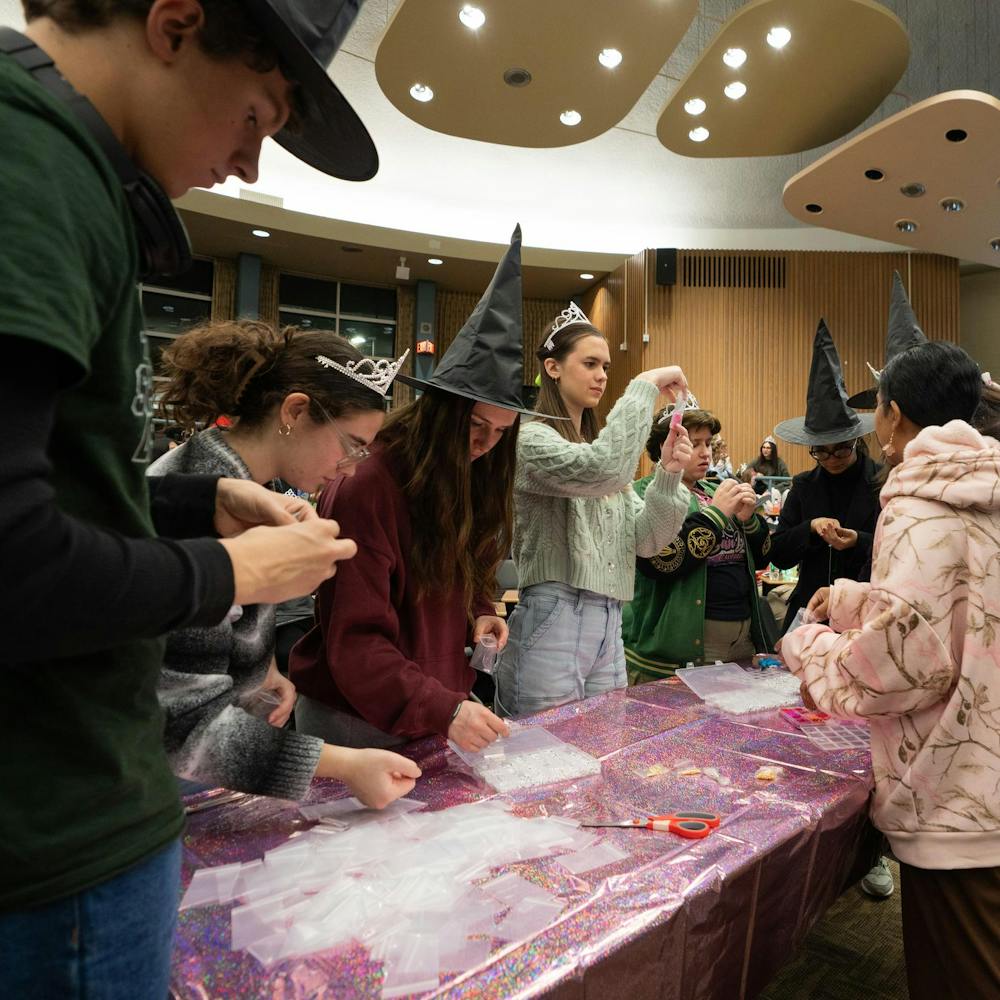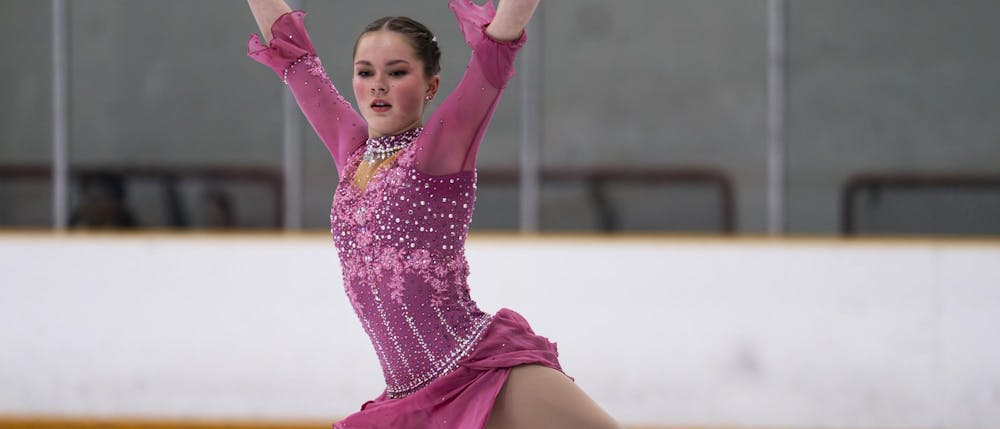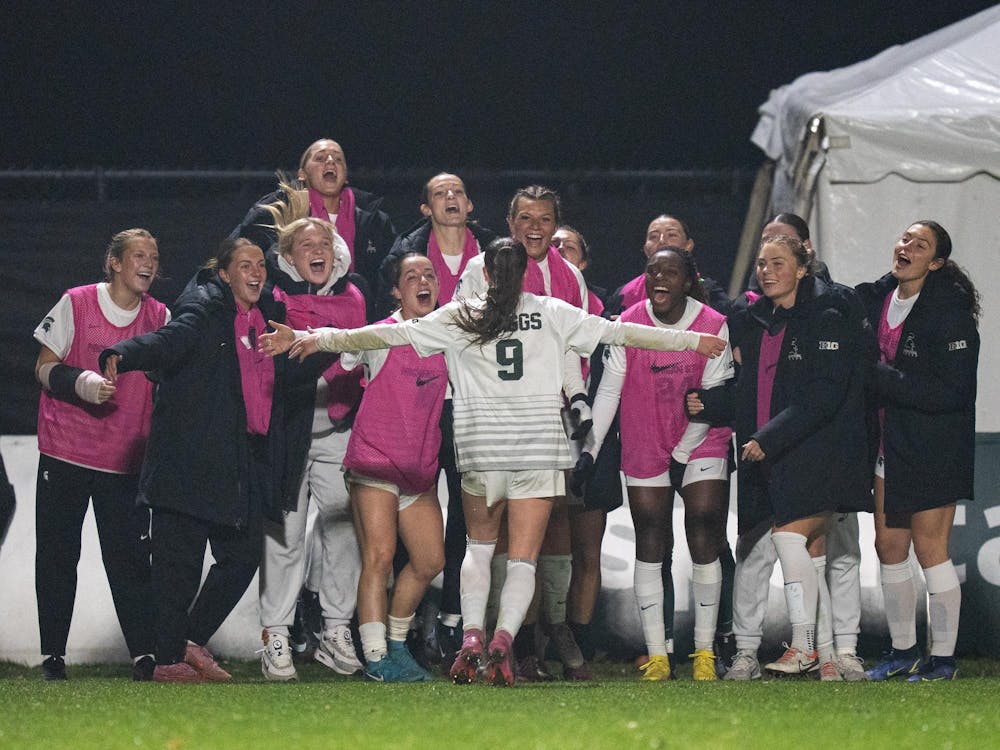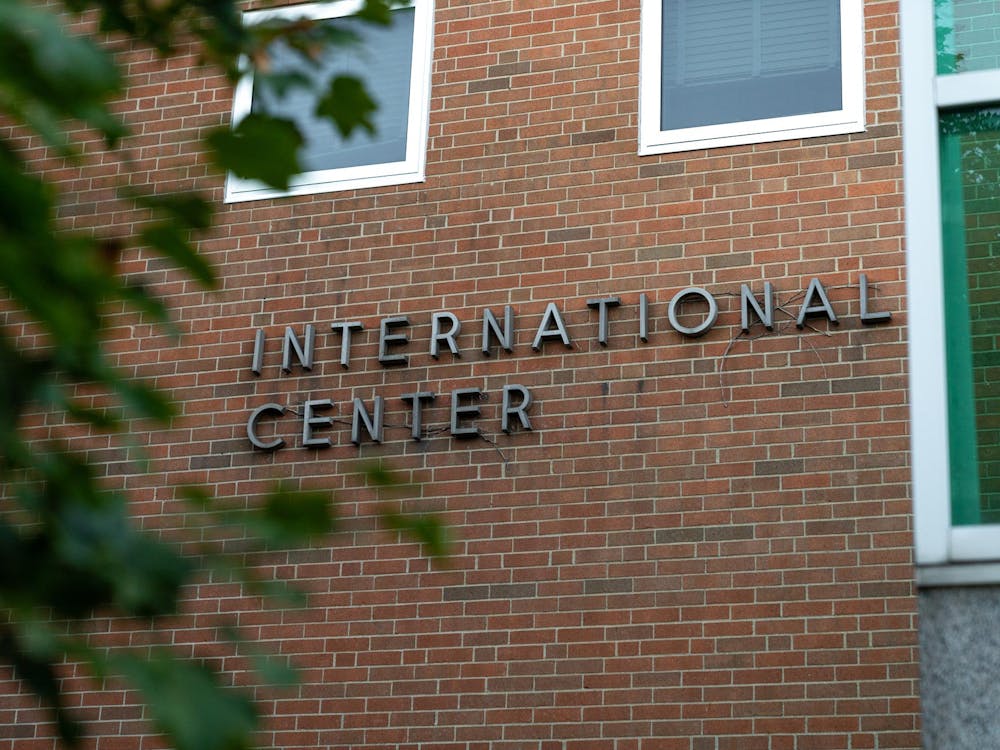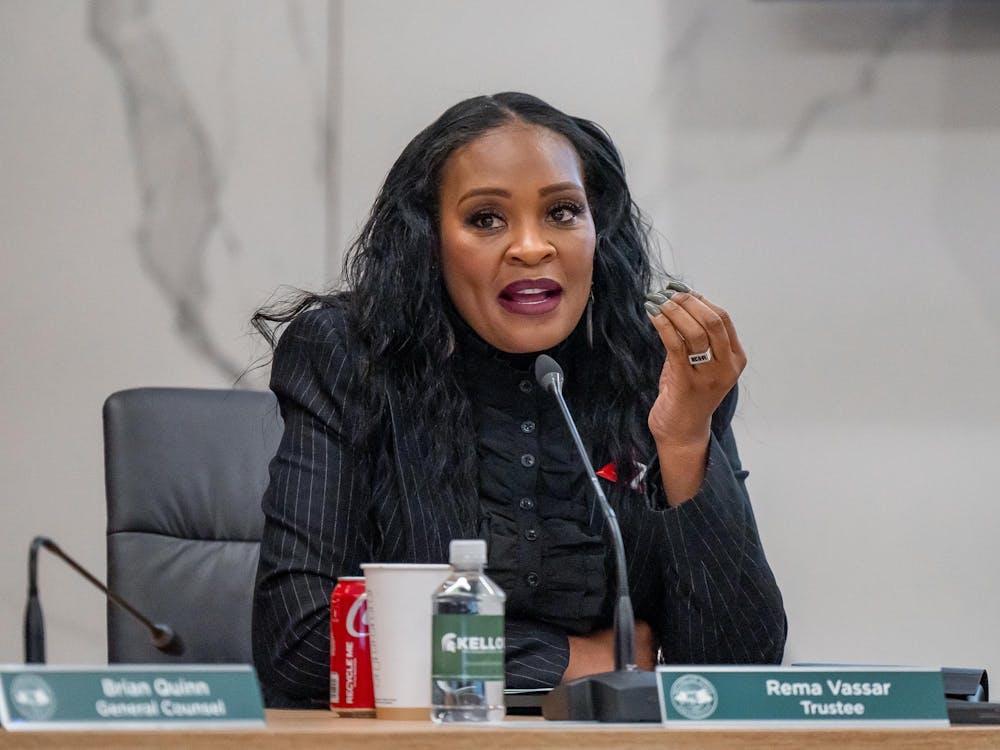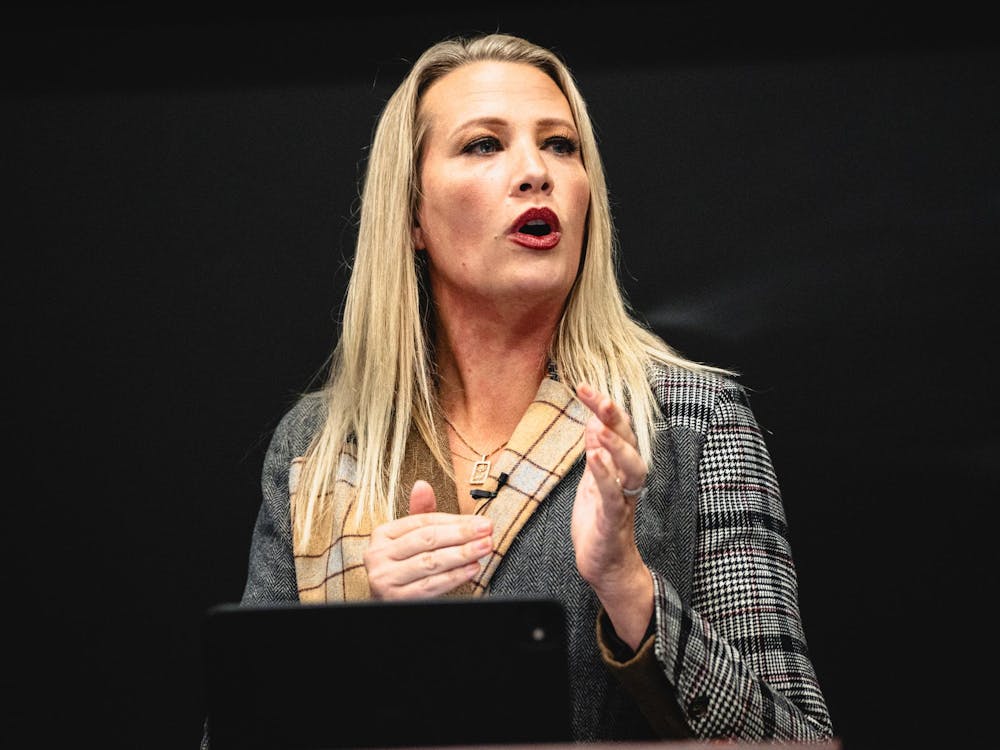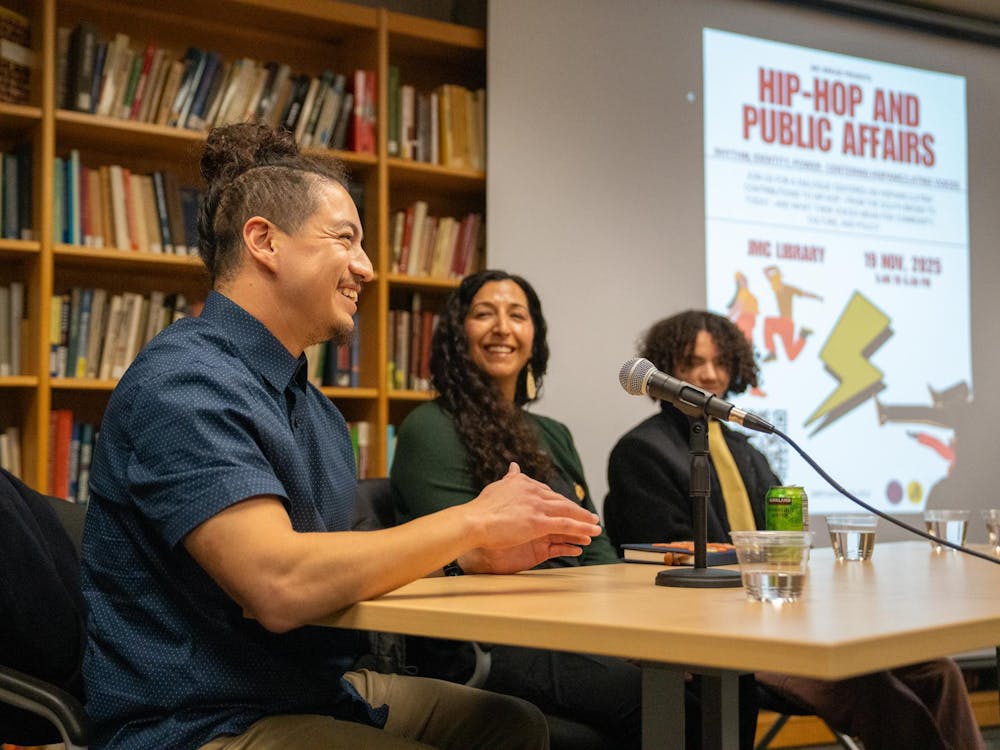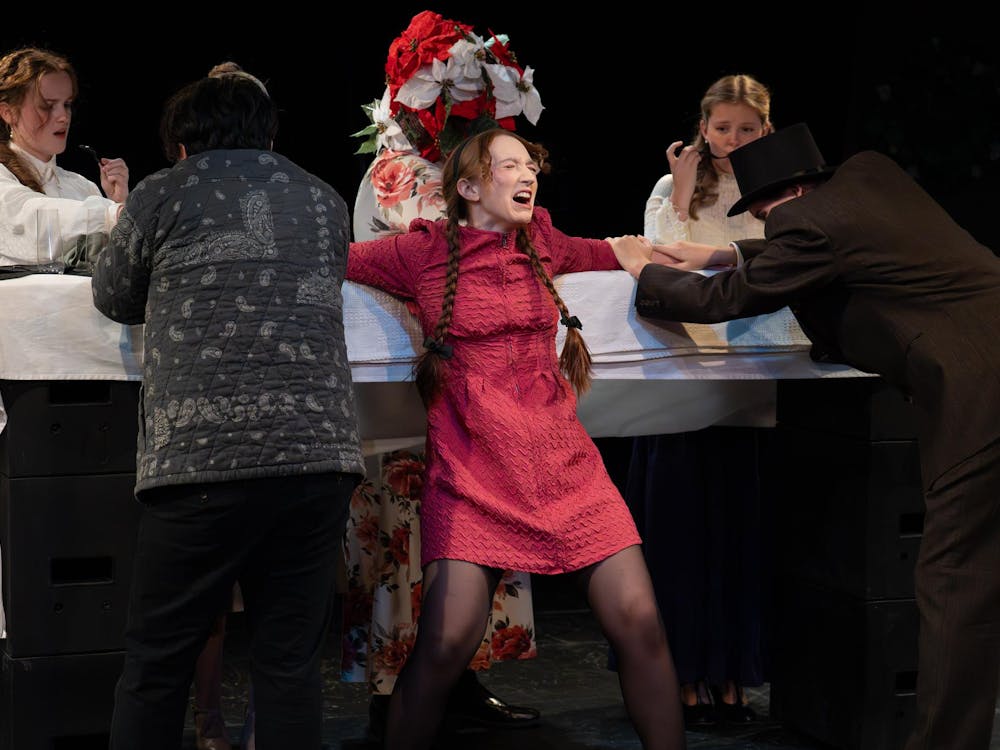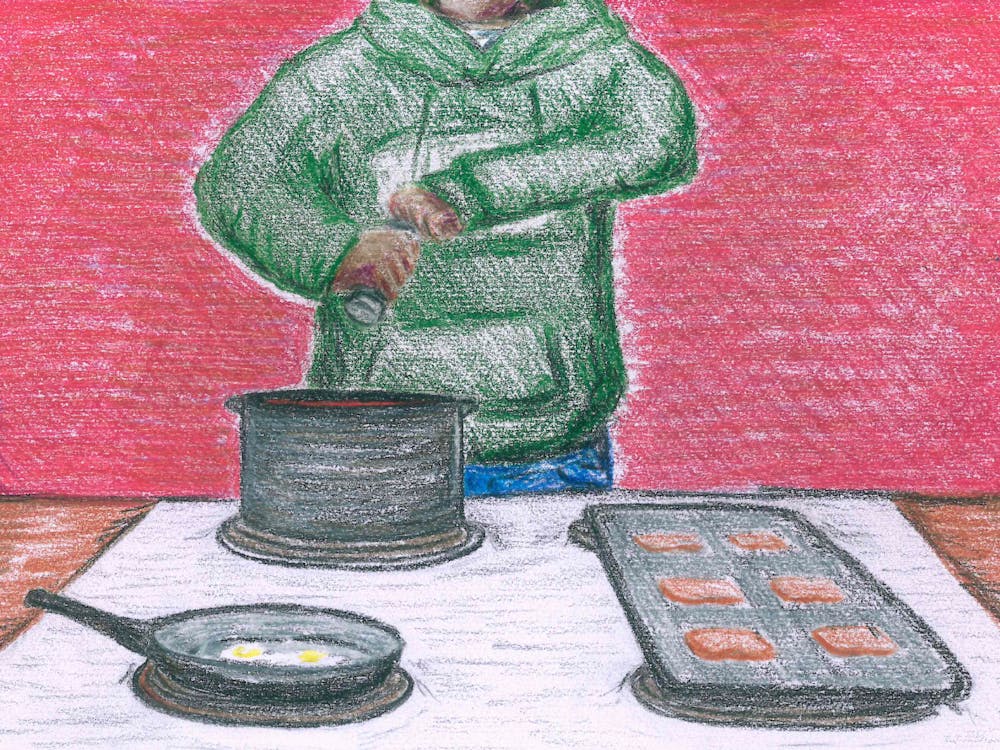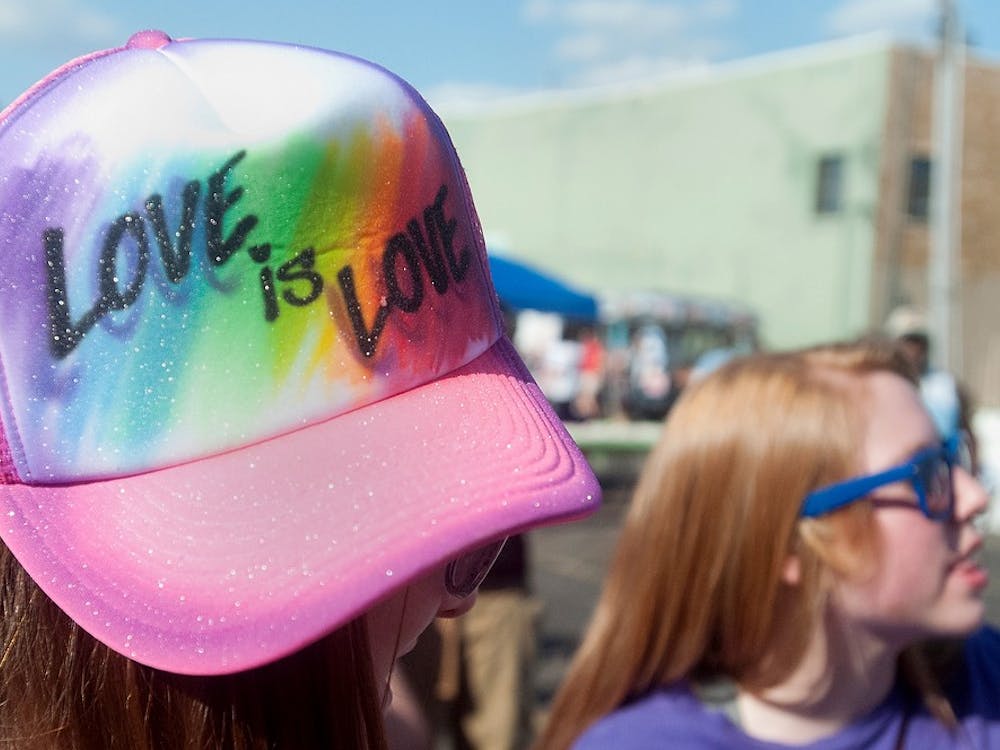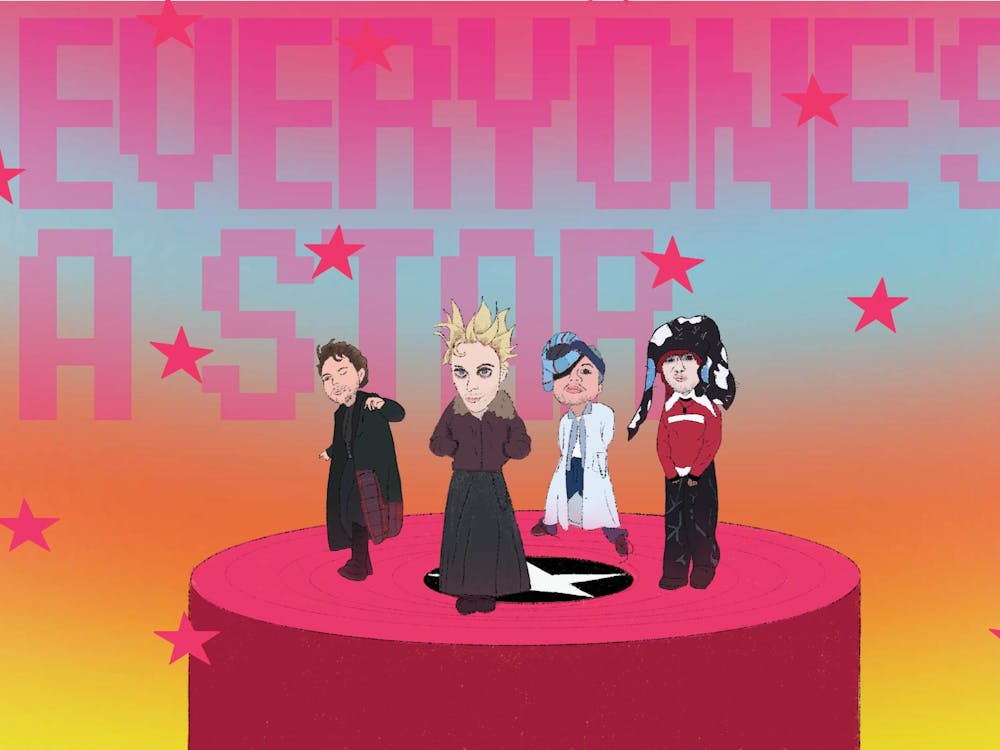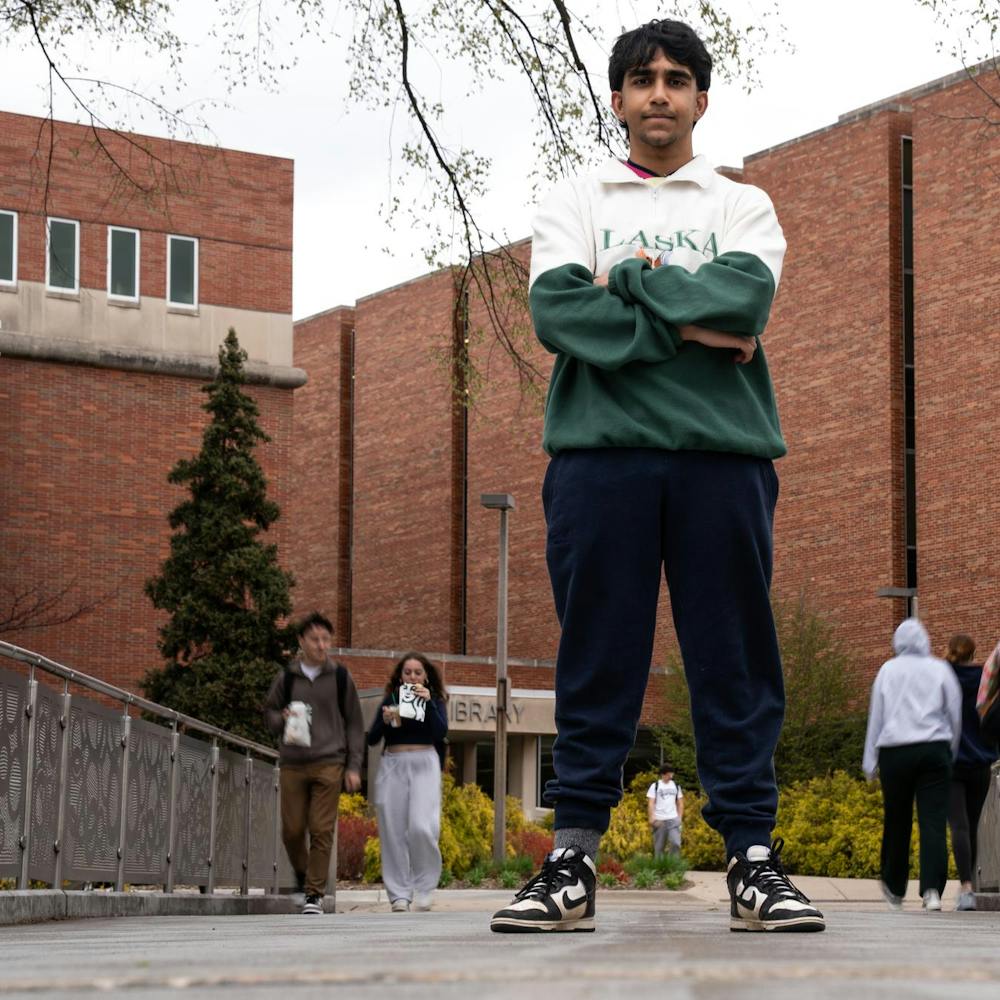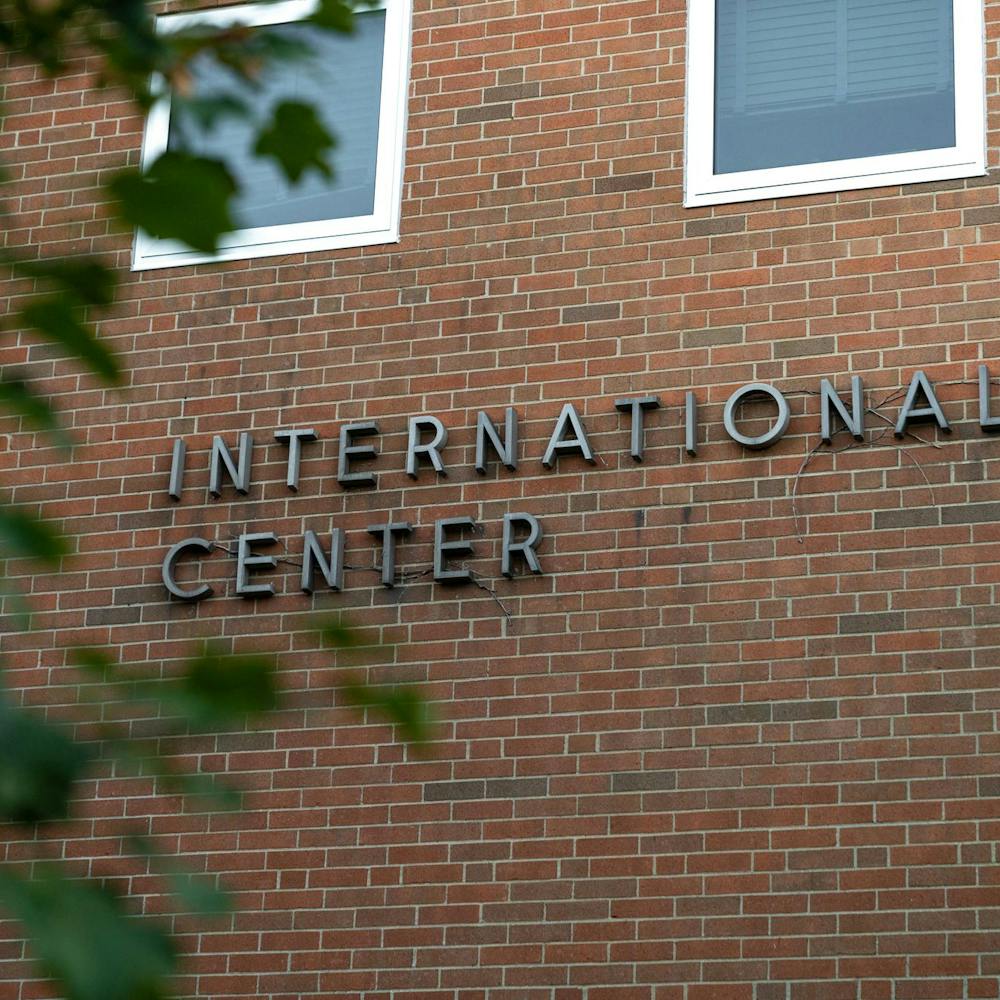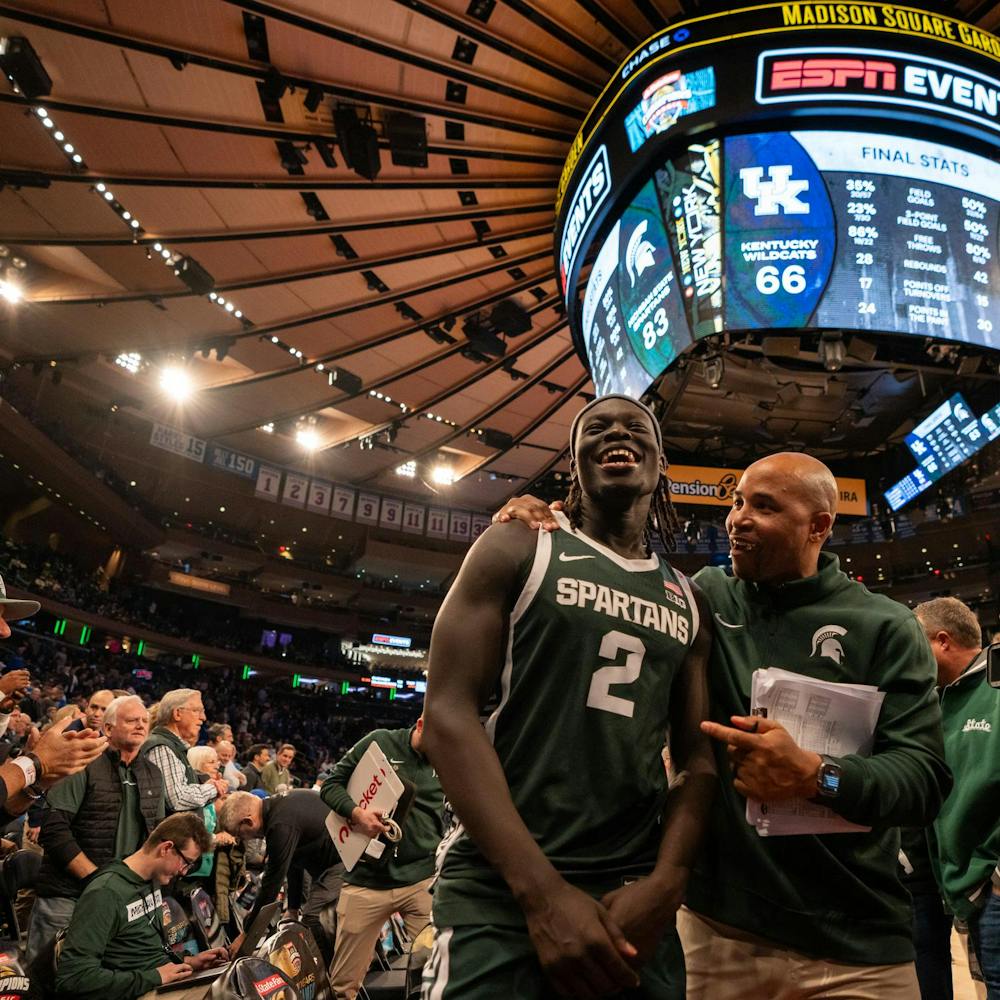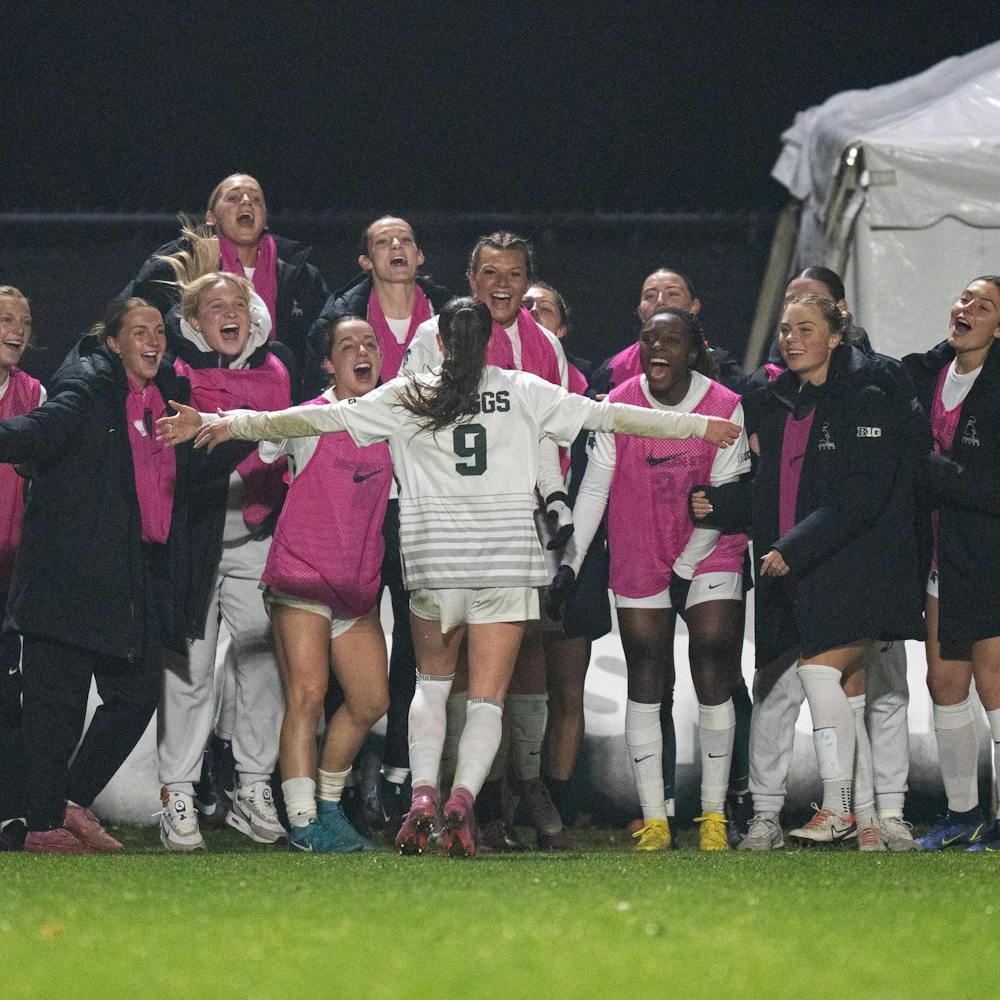WARNING: SPOILERS AHEAD
The two-part Wicked series comes to a close with the Nov. 20 release of Wicked: For Good. The series started with the release of the first film, Wicked, in 2024 the second act was heavily marketed and expected to show out.
With musical numbers from the original Broadway production and some new songs – most likely to capture awards rather than hearts – the only good thing about this almost two-and-a-half-hour movie was getting up and getting a drink refill after it ended.
Some may recognize this movie from its source material, the 2003 Broadway musical, which, in turn, is loosely adapted from Gregory Maguire’s 1995 novel Wicked: The Life and Times of the Wicked Witch of the West.
Although the musical is based on Maguire’s novel, it takes its own direction with the storyline and character development.
Set in the enchanted world of Oz, it centers on the unexpected bond between Elphaba–the future Wicked Witch of the West–and Glinda, the glamorous and self-important Good Witch. Together, they confront political turmoil, personal aspirations and evolving ideas about what it truly means to be good or evil.
Wicked offers a fresh take on the familiar universe from L. Frank Baum’s The Wizard of Oz and presents the story through the experiences of Elphaba and Glinda. The 1939 movie featuring Judy Garland is itself a widely recognized adaptation of Baum’s original book.
This movie, directed by Jon M. Chu, recounts the musical's second act, which was underwhelming compared to the first.
In the first part, the film ended on a high note – literally – with Elphaba (Cynthia Erivo) singing Defying Gravity, getting up in other characters' faces, showing that with her newfound powers, she can turn Oz into something other than an authoritarian regime.
In Wicked: For Good, we are left melancholy. Sure, the story ends on a happy note, but there wasn’t the same flair; it was like watching paint dry during scenes that were supposed to be intriguing and influential.




